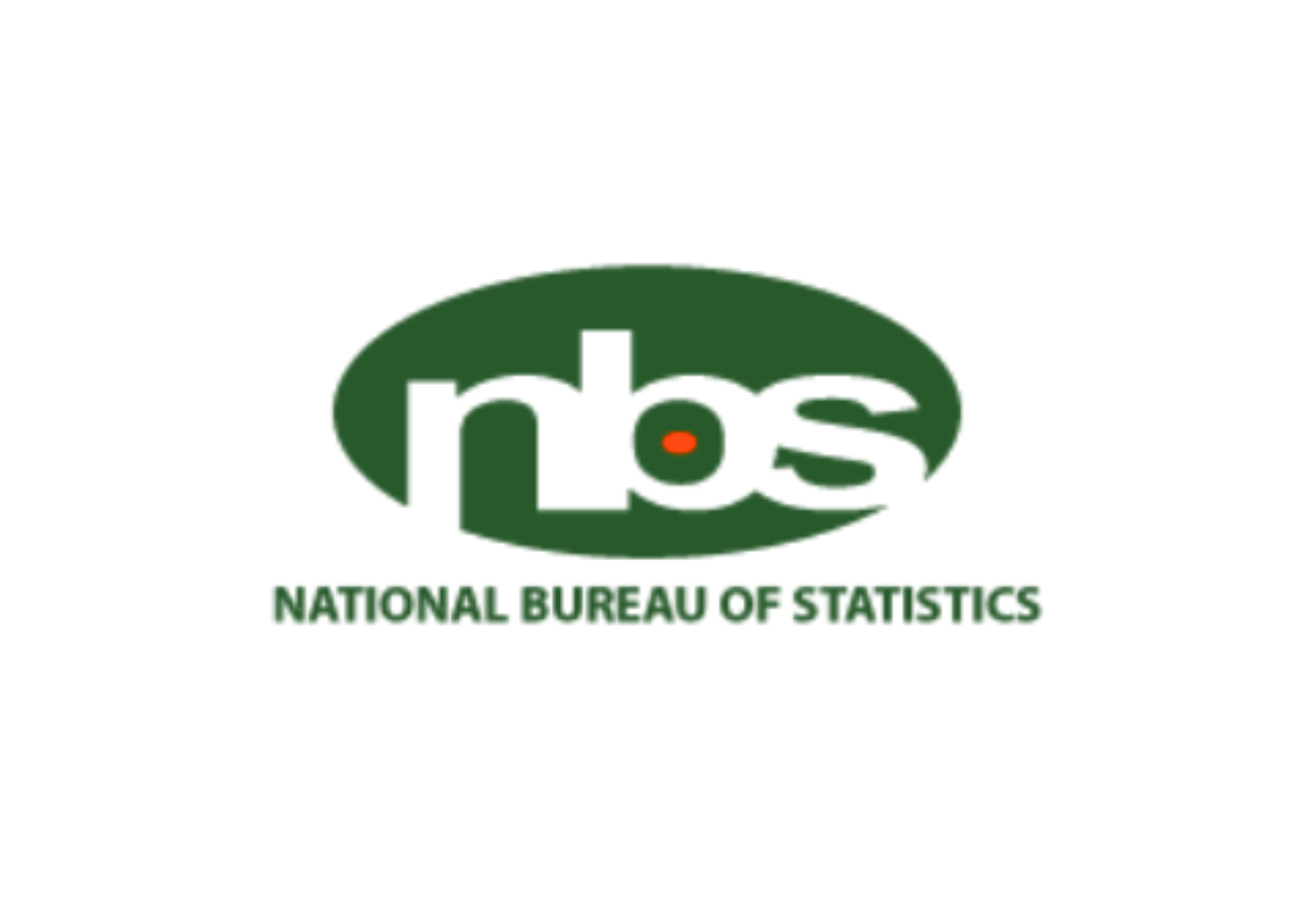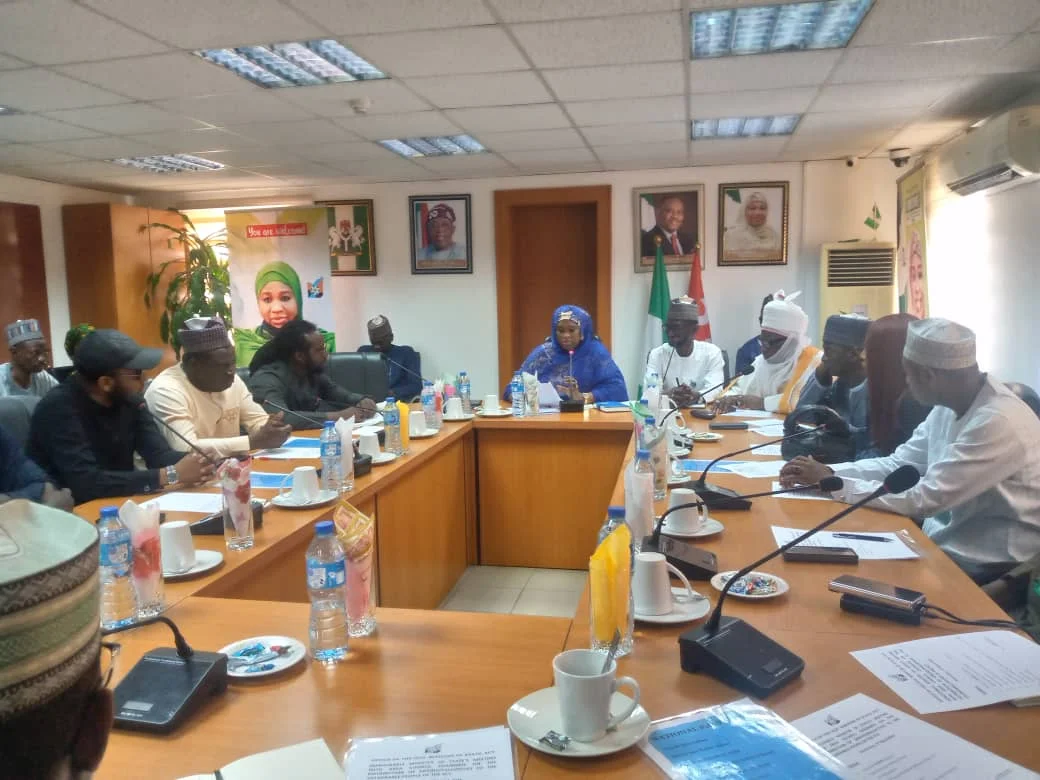Business
VAT Generates N651.77bn In Six Months – NBS

A total of N651.77bn was generated from Value Added Tax in the first half of 2020, according to latest figures from the National Bureau of Statistics.
The NBS disclosed this last Monday in its report last “Sectoral distribution on Value Added Tax,” for the half year period of 2020.
Part of the report reads: “Sectoral distribution of Value Added Tax data for H1 2020 reflected that the sum of N651.77bn was generated as VAT in H1 2020 as against N600.98bn generated in H1 2019.
“This represents 8.45 per cent growth year-on-year.
Professional services generated the highest amount of VAT with N95.92bn generated and closely followed by other manufacturing generating N67.63bn, commercial and trading generating N31.10bn.
The report said mining generated the least, closely followed by textile and garment industry and pharmaceutical, soaps and toiletries with N127.58m, N499.19m and N648.78m generated respectively.
Out of the first half total, N335.82bn was classified as local non-import VAT while N161.74bn was classified as foreign non-import VAT.
The balance of N154.21bn was classified as NCS-import VAT.
Business
NCDMB Tasks Media Practitioners On Effective Reportage

Business
FCTA, Others Chart Path To Organic Agriculture Practices

The Federal Capital Territory Administration (FCTA) and other stakeholders have charted path to improved organic agriculture practices nationwide.
At a 2024 national organic and agroecology business summit held recently in Abuja, stakeholders took turn to speak on the additional areas of promoting the practices.
The Mandate Secretary, FCT Agriculture and Rural Development Secretariat (ARDS), Lawan Geidam, advocated for sustainable practice to develop resilient food systems that will benefit people.
The event, with the theme,”Towards Policies for Upscaling Organic Agroecological Businesses in Nigeria”, is aimed at fostering growth in the organic agriculture sector.
Geidam, who was represented by the Acting Director, Agric Services, in the Secretariat, Mr. Ofili Bennett, emphasised the success of organic and agroecological farming, reling on the active involvement of farmers, businesses and consumers.
He reassured attendees that the FCT Administration, led by the Minister, Nyesom Wike, and Minister of State, Dr. Mariya Mahmoud, remains dedicated to supporting initiatives that enhance the livelihood of residents.
Geidam described the partnership between the Secretariat and the organic and Agroecology initiative for a monthly exhibition and sale of organic products in the FCTA premises as a testament to this commitment.
“The ARDS remains committed to driving policies and initiatives that align with national goals and global standards”, Geidam said.
On her part, the Chairperson of Organic and Agroecology Initiative, Mrs. Janet Igho, urged residents to embrace healthy eating habits to sustain a good lifestyle. She stressed the importance of adopting organic practices, highlighting the benefits of going organic, growing organic and consuming organic products.
Igho expressed her optimism regarding the Agricultural Revival Programmes as articulated in President Bola Ahmed Tinubu’s “Renewed Hope Agenda”, which aims at fostering food and nutrition security.
She also extended her gratitude to ARDS for graciously allocating a space in the FCTA premises for the exhibition and sale of organic products, noting that the platform has been effectively used to advance the promotion of organic agriculture in FCT.
Igho outlined several benefits of organic agriculture which includes improved soil health, increased biodiversity, availability nutritious and healthy food and a reduced carbon footprint.
Stakeholders at the summit, underscored the critical need for enhanced private sector involvement and robust capacity building initiatives for farmers.
They highlighted the importance of implementing supportive policies to foster the growth of the organic agriculture sector.
In the light of the significant challenges facing Nigeria’s agricultural landscape, stakeholders decided that organic agricultural practices present sustainable solutions and a pathway for a more resilient and productive farming systems.
The three-day summit featured exhibitions showcasing organic foods, fruits, vegetables and fertilizers, providing an opportunity for residents to better appreciate the benefits of production and consumption of organic agricultural products.
Business
Dangote Refinery Exports PMS to Cameroon


